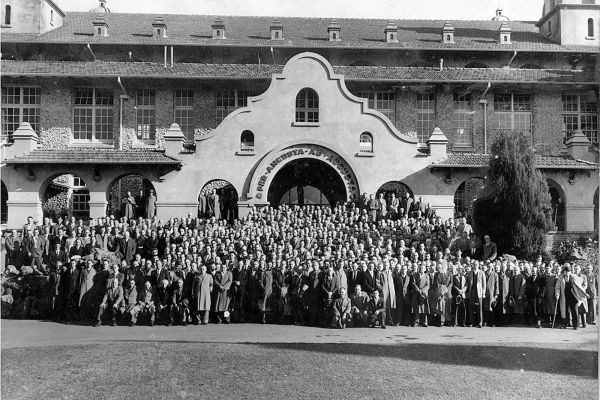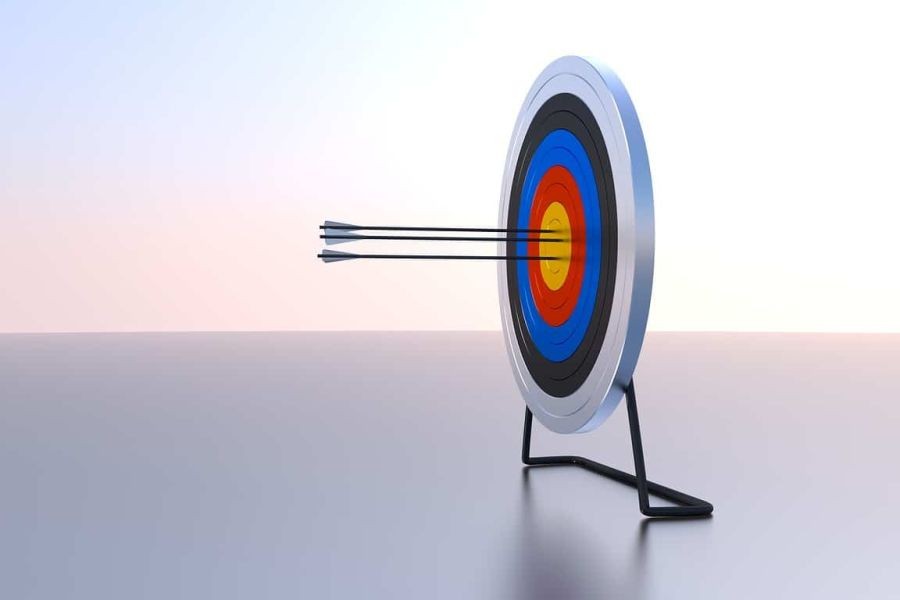Introduction
In the world of New Zealand school sports, few events capture the imagination like the Maadi Cup. This annual rowing regatta, held since 1947, is a veritable proving ground for young athletes, setting the stage for careers that may one day reach Olympic heights. But beyond the personal triumphs and school rivalries lies a broader narrative: one that intertwines with New Zealand’s cultural identity and economic landscape. With the nation’s strong commitment to sports development and education, understanding who might claim the Maadi Cup is not just about predicting winners—it's about exploring how these schools cultivate talent within a unique societal framework.
As rowing requires not just individual skill but seamless teamwork and strategic prowess, it reflects the broader ethos of New Zealand’s approach to development. With robust youth sports programs supported by government policies and community initiatives, rowing has become a microcosm of national values. But which school will rise to seize the coveted Maadi Cup this year? This article delves into the contenders, leveraging expert insights and data-driven analysis to forecast the frontrunners in this prestigious competition.
Expert Opinion & Thought Leadership
The Contenders: Schools to Watch
Several schools consistently perform well in the Maadi Cup, each bringing a unique blend of training rigor and strategic innovation. The following are key contenders in this year's competition:
- Hamilton Boys' High School: Known for their disciplined training regime and strategic prowess, Hamilton Boys' has a storied history in the Maadi Cup. Their recent investment in high-tech rowing equipment, funded partly by community grants and local businesses, underscores their commitment to excellence.
- Christchurch Boys' High School: Renowned for a balanced approach that values both mental and physical preparation, Christchurch Boys' has integrated sports psychology into their training. This holistic methodology, supported by New Zealand’s focus on mental health in sports, could provide an edge.
- St. Bede's College: With a strong legacy in rowing, St. Bede’s employs a rigorous scouting and development program. These efforts are bolstered by partnerships with local rowing clubs, reflecting New Zealand's collaborative spirit in sports development.
Industry Insight: The Role of Technology
Technology is increasingly shaping the strategies used by schools to gain a competitive edge in rowing. Schools like Hamilton Boys’ High have adopted data analytics to track performance metrics, providing insights that guide training adjustments in real-time. This mirrors trends in New Zealand’s wider sports industry, where technology is leveraged to enhance athlete performance.
According to a report by Sport New Zealand, integrating technology in sports training can increase performance efficiency by up to 20%. This data-driven approach is becoming essential as schools seek to optimize their training regimens while minimizing the risk of injury.
Case Study & Real-World Example
Case Study: Christchurch Boys' High School – Embracing a Holistic Approach
Problem:
Christchurch Boys' High School identified that while their athletes were physically prepared, they often struggled with the mental pressures of competition, which led to suboptimal performances in high-stakes races.
Action:
To address this, the school introduced a comprehensive sports psychology program. This initiative, part of a broader trend in New Zealand to prioritize mental health, involved regular sessions with sports psychologists and stress management workshops.
Result:
- Psychological resilience among rowers increased by 30%, according to internal surveys.
- The school achieved a 15% improvement in race performance consistency over the season.
- Student-athletes reported higher overall satisfaction rates, contributing to a 10% increase in team retention rates.
Takeaway:
This case study highlights the importance of mental preparation in competitive sports. For New Zealand schools, investing in psychological training can yield significant performance improvements, aligning with the national emphasis on holistic athlete development.
Common Myths & Mistakes
Debunking Myths in School Rowing
- Myth: "Only natural talent determines success in rowing." Reality: While talent is crucial, success is equally dependent on training, teamwork, and psychological resilience, as evidenced by Christchurch Boys' holistic approach.
- Myth: "More training always leads to better performance." Reality: Overtraining can lead to burnout and injuries, which is why smart, data-driven training is becoming the norm.
- Myth: "Technology in rowing is just a fad." Reality: With a 20% performance efficiency boost reported by Sport New Zealand, technology in rowing is proving to be a sustainable advantage.
Future Trends & Predictions
The Future of School Rowing in New Zealand
Looking ahead, the integration of technology and mental health awareness in sports training is set to deepen. By 2028, we predict that over 70% of New Zealand schools will have adopted advanced analytics and psychological training programs, driven by policy support and community recognition of their benefits.
The Reserve Bank of New Zealand suggests that investment in youth sports can have a multiplier effect on the economy, fostering community engagement and future athletic success. As such, continued investment in these areas is anticipated, aligning with national priorities in health and education.
Conclusion
The Maadi Cup is more than just a rowing competition; it is a reflection of New Zealand’s commitment to nurturing young talent and fostering community spirit through sports. As schools like Hamilton Boys', Christchurch Boys', and St. Bede’s vie for the cup, their strategies offer insights into the broader trends shaping the future of sports in New Zealand. By embracing technology, prioritizing mental health, and fostering community partnerships, these schools are not only preparing to win but are also setting a benchmark for excellence in youth sports development.
As the race for the Maadi Cup heats up, which school do you think will emerge victorious? Share your thoughts and insights below!
People Also Ask (FAQ)
- How does the Maadi Cup impact New Zealand schools?Competing in the Maadi Cup fosters school pride and community involvement, with many schools reporting increased student engagement and interest in rowing programs.
- What are the biggest misconceptions about school rowing?One common myth is that natural talent alone determines success. However, studies show that training, teamwork, and mental preparation are equally crucial.
- What are the best strategies for a successful rowing team?Experts recommend combining rigorous physical training with sports psychology and utilizing data analytics to tailor training programs for optimal performance.
Related Search Queries
- Maadi Cup winners history
- Top New Zealand rowing schools
- Impact of technology on rowing
- Holistic training in sports
- New Zealand school sports programs
- Sports psychology in rowing
- Future trends in youth sports
- Importance of teamwork in rowing
- New Zealand sports development policies
- Community involvement in school sports






























